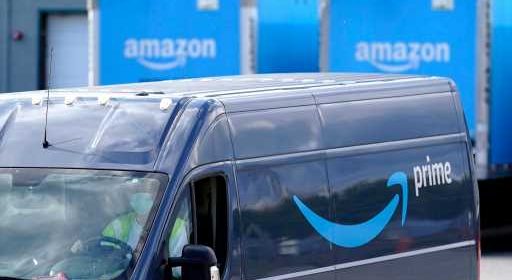Retail hiring slowing in Colorado as inflation weighs on the economy

Colorado employers added 2,200 workers on a seasonally-adjusted basis between June and July, the smallest month-over-month change since 2020 and far below the increase expected given national job gains last month, according to a monthly update from the Colorado Department of Labor and Employment.
“Given the number of U.S. jobs added earlier this month, I expected Colorado to post higher job growth in July. Most likely, the lack of qualified workers constrained job growth. That is not going to change in the months ahead,” said Gary Horvath, a Broomfield economist, in an email.
On the plus side, June job counts were revised to a gain of 7,800 rather than the original estimate of an increase to 4,500, evidence that hiring held up much better than initially thought. And the state’s unemployment rate fell from 3.4% in June to 3.3% in July, staying below the U.S. rate of 3.5%.
Colorado typically accounts for around 2% of U.S. job gains and based on the strong hiring in July nationally, the state should have added closer to 10,000 jobs rather than 2,200, said Ryan Gedney, a senior economist at the labor department. Hiring nationally went on an unexpected tear in July with 528,000 jobs created. In Colorado, the number of jobs added in July fell sharply from the number added in June.
“It is possible, but not a guarantee that we will see an upward revision,” Gedney said on a news call Friday morning, noting that leisure and hospitality, which reported only 700 jobs on the month, was a likely candidate for a big bump.
The biggest monthly gains came in professional and business services, which rose by 3,300 jobs, and then in government, which added a net 2,000 jobs. The biggest monthly losses came in trade, transportation and utilities, which fell by 2,300, and in manufacturing, which dropped by 1,300.
Losses in trade, transportation and utilities were concentrated in retail employment, which has lost 6,900 jobs in the past three months after gaining 6,600 jobs in the first four months of the year. Retail employment was already under pressure before the pandemic because of the shift to online sales, a trend that accelerated more when stores closed.
But the surge in inflation to 40-year highs also appears to be putting pressure on consumers and retailers alike. It could also be a case that some retailers are struggling to find replacements for workers, leaving some positions open.
“This lines up with a slow down in retail employment and sales nationally since March,” Gedney said.
Still, Colorado’s economy continues to maintain enough momentum to push the unemployment rate lower for six straight months. Gedney forecast that unemployment whould reach the 2.8% rate seen right before the pandemic by the end of the year.
Source: Read Full Article
